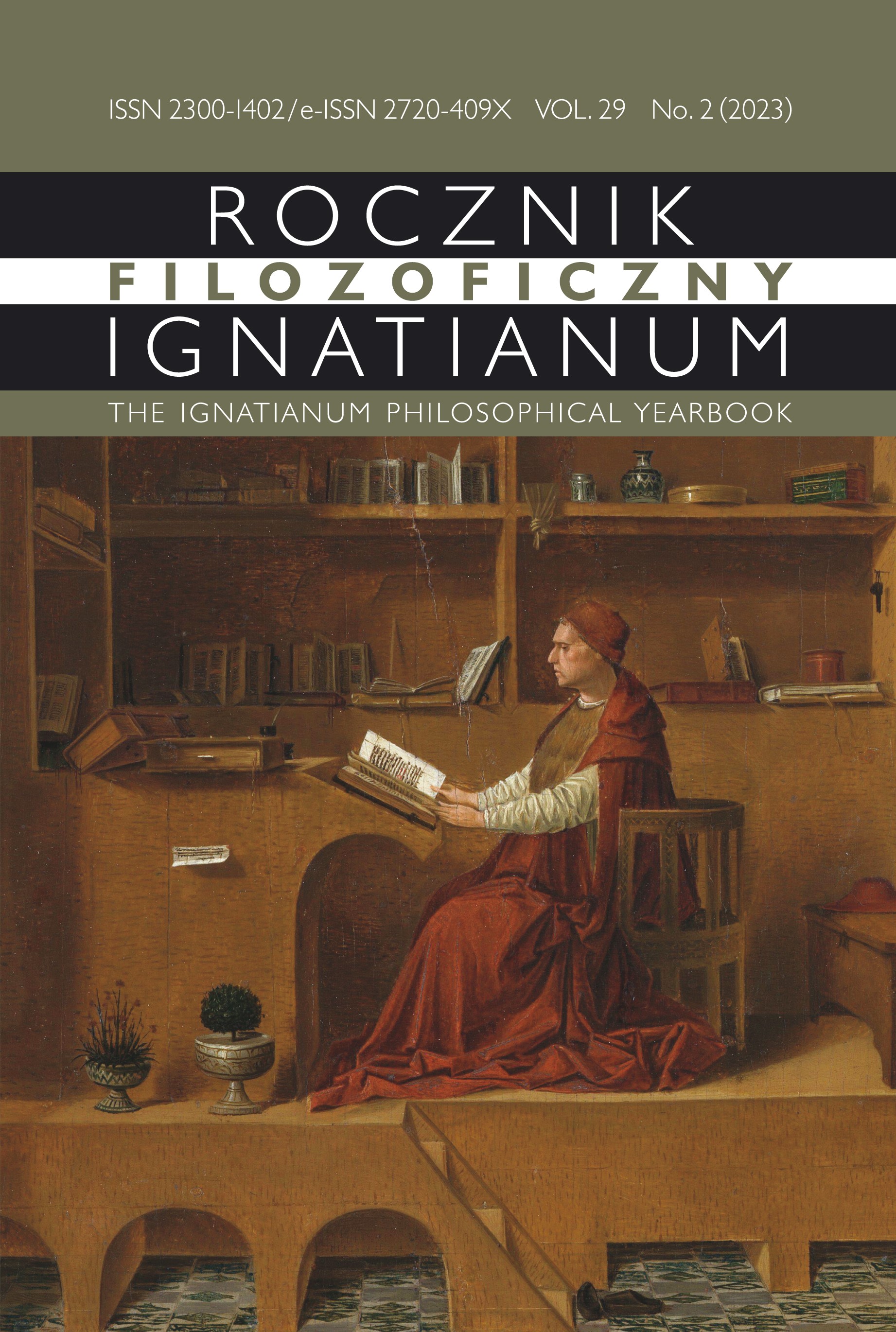Stanisław Krauze (1902–1977) and his Influence on the Culture of Food and Nutrition
Abstract
Food in the hierarchy of human needs is at the forefront. Its quantity and quality determine health and possibility of survival. As consumers, we strive to ensure that one of our basic needs, i.e. satisfying hunger, is met with good, wholesome and simply unadulterated food. The man who changed the culture of food and nutrition through scientific work in XX-the century Poland was Stanisław Krauze. A world-renowned scientist, relentless in his concern for the health of citizens, he made a huge contribution to the Polish struggle for the right of every citizen to purchase and consume safe food. Krauze is the founder of the Polish school of bromatology. The aim of this article is to present, in a non-exhaustive way, a biography of Stanisław Krauze, highlighting the most important events and achievements of this scientist. The following part of the article includes an extension of three threads that emphasize his impact on the culture of food and nutrition in Poland and worldwide.
Copyright (c) 2023 Jesuit University Ignatianum in Krakow

This work is licensed under a Creative Commons Attribution-NoDerivatives 4.0 International License.
The Yearbook only accepts materials for publication that are free of all conflicts of interest, and that in no way involve conflicts over authorship, copyright, etc. The Editors will take action against any cases of plagiarizing, ghostwriting1, guest/honorary authorship2, etc. Where co-authored work is concerned, the Author listed first is expected to take responsibility for the submission, and is required to make clear the contributions of all of the Co-Authors involved. In the event of the publication owing its existence to funding dedicated to this purpose, this fact should be made clear: e.g. in any note of thanks/acknowledgement, or in a footnote, etc. Explicit notification should be given of any form of reprinting, with the appropriate evidence of permission to publish being furnished as required. Any impropriety on the part of Authors/Reviewers risks exposing them to appropriate responses from the relevant institutions.
______
1 This term refers to instances of a person who has made an essential contribution being omitted from the list of authors, or from notes conveying gratitude and/or acknowledgement.
2 This occurs when a person who has made either an insignificant contribution or no contribution at all nevertheless appears on the list of authors.





